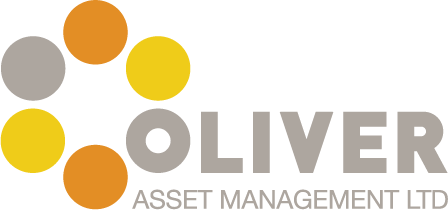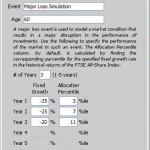Covid Concerns – Should I access my pension fund now?
The UK is on the brink of a severe recession, with job losses and cashflow concerns for a large proportion of the country.
You may be thinking of the need to access some of your savings to alleviate large short term worries. What a lot of people however are not aware of, is the fact that by using your pension savings to plug this gap, may mean that you are not able to utilise this vehicle to save again when the time arises.
Currently, anyone over 55 who makes a taxable withdrawal (not the 25% tax free cash allowance) from their pension will find that their annual allowance for this year and future years will be lowered from £40,000 to just £4,000 as a result of the triggering of money purchase annual allowance (MPAA).
This is a relatively new rule that was brought in 5 years ago with the introduction of ‘pension freedoms’ with an initial £10,000 limit, however it was reduced to £4,000 in 2017. If the MPAA is triggered future contributions to your pension savings in excess of £4,000 per annum will face a tax charge.

The reasons for accessing taxable income from your pension could be for a variety of reasons like replacing lost income from employment or potentially taking extra income out to help a younger relative pay their bills. Regardless of the circumstances, currently the MPAA is applied indiscriminately and permanently.
If a 90% cut in the annual pension allowance was not bad enough, triggering the MPAA also means you lose the ability to carry forward any unused allowances from the three previous tax years in the current tax year. So, someone making a one-off decision to access taxable income from their pension during the current crisis could in fact reduce the amount they can save in the future into a pension in the current tax year from £160,000 to £4,000.
If you feel that you may still wish to make contributions to your pension savings in the future either personally or through an employer, accessing taxable cash just now may not be the most ideal solution.
I am not saying for one moment that in the current times using your pension to ease cashflow worries is to be completely avoided, however knowing all the ramifications of these decisions is of huge importance.
If you have other forms of savings available like ISAs or bonds, these may not have penalties, or taxation regimes which are quite as strict. It is important to make decisions of this nature with your eyes wide open and with all available knowledge at hand, and not regret a decision made in haste.
Please do not hesitate to get in contact if you feel you would like to know more, or to discuss your options. We are always available for a remote video conference.
Jonathan


 Our job is then to become custodian of the wealth, provide sensible investment strategies and use the tax advantages of various “wrappers” to keep the clients in the style to which they’d like to become accustomed!
Our job is then to become custodian of the wealth, provide sensible investment strategies and use the tax advantages of various “wrappers” to keep the clients in the style to which they’d like to become accustomed!